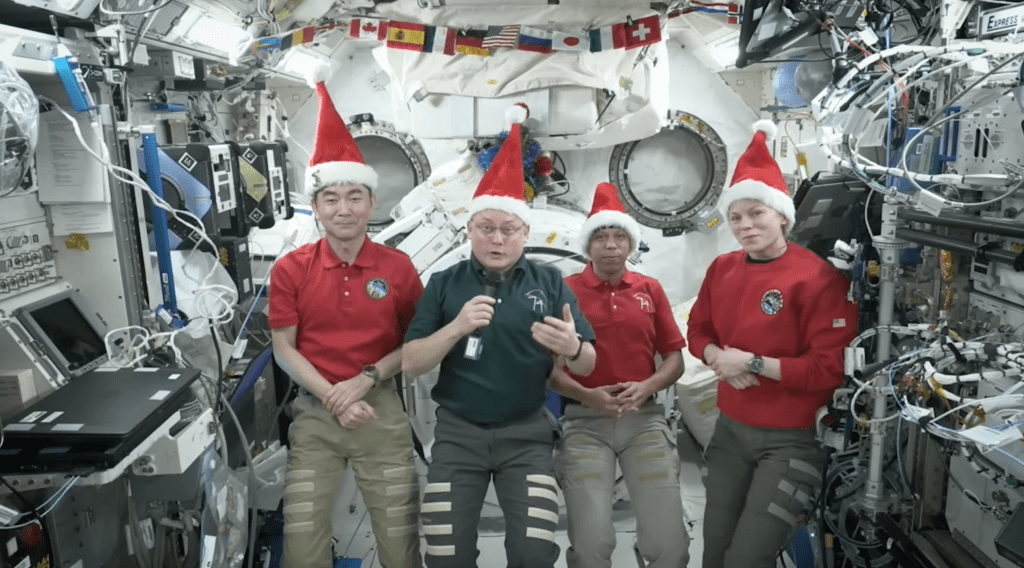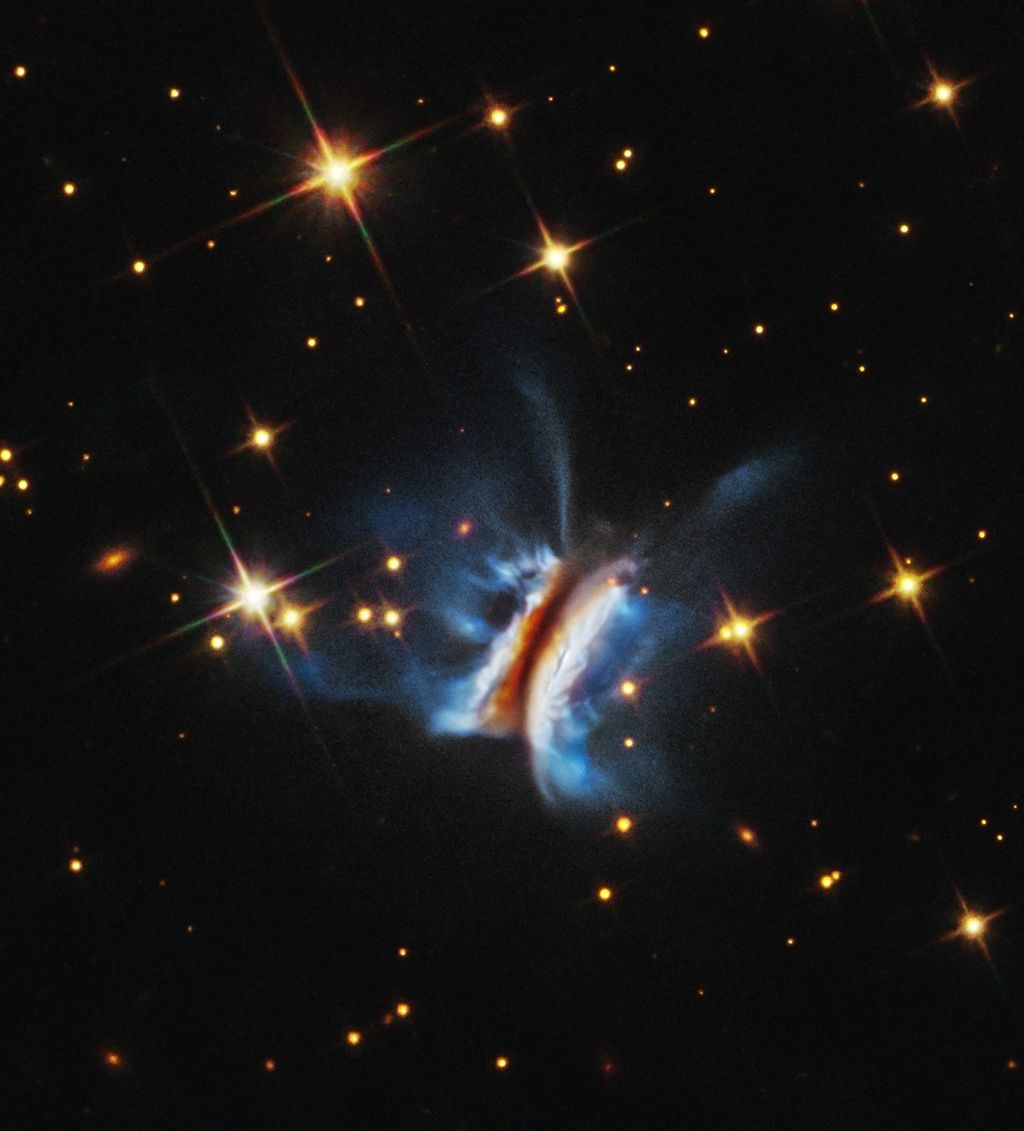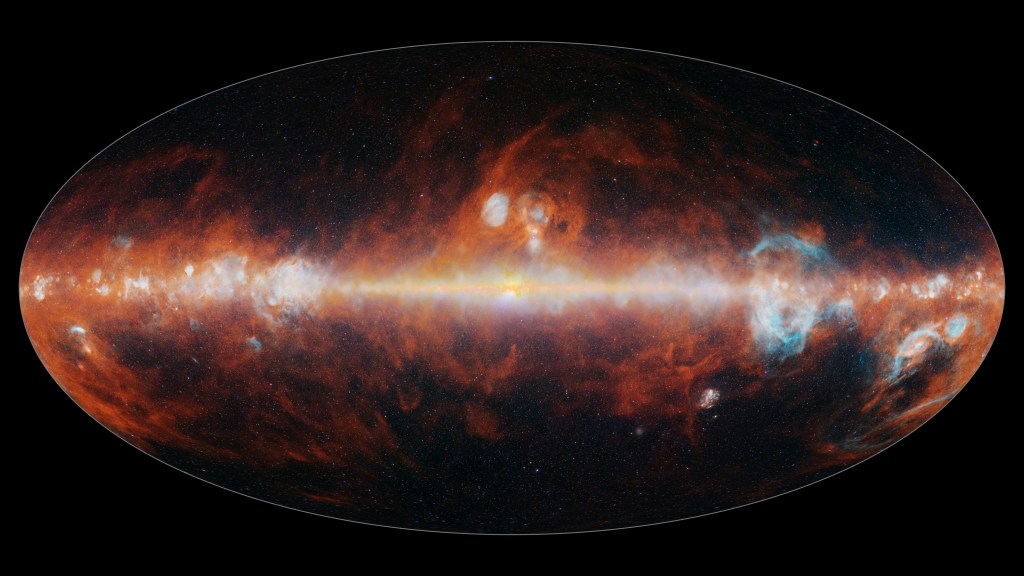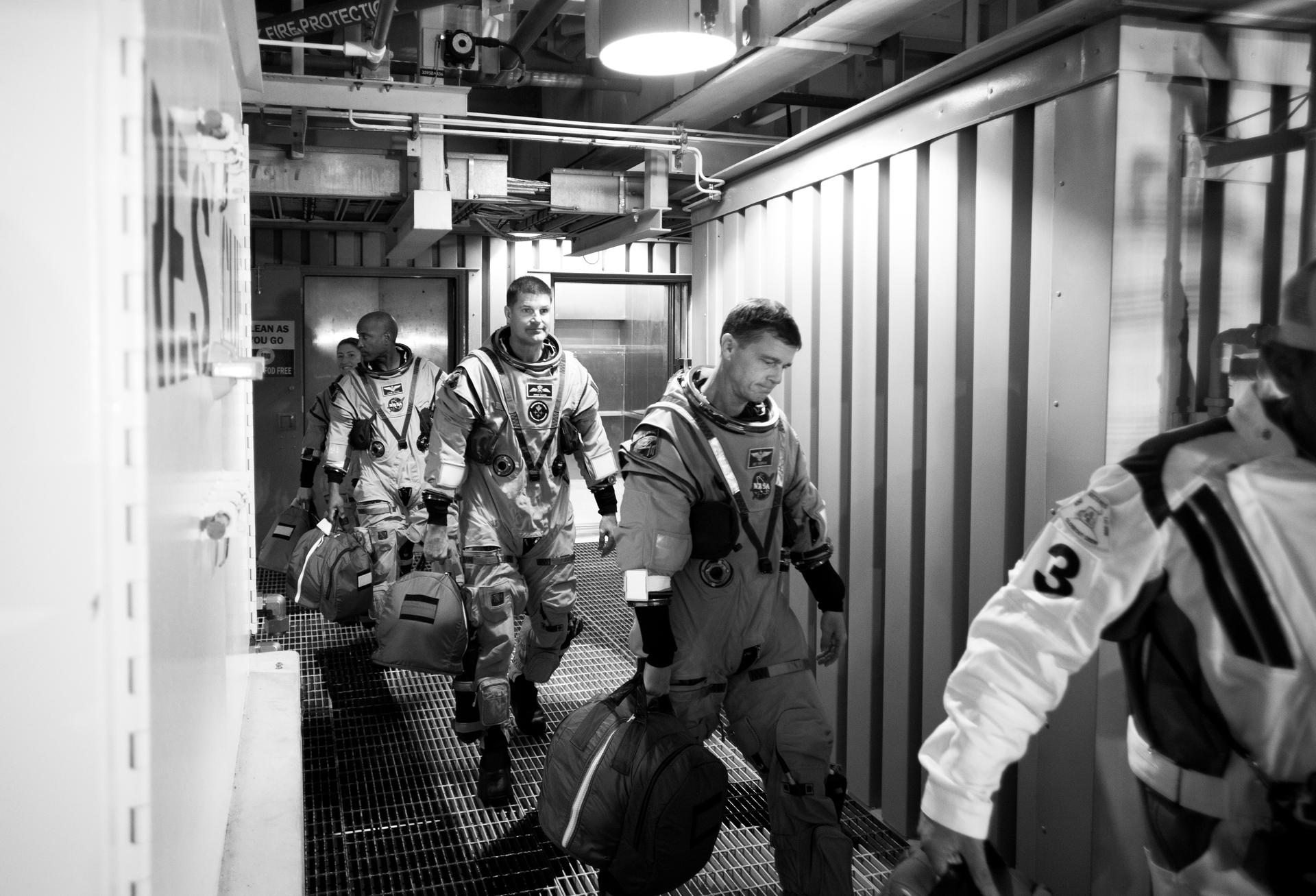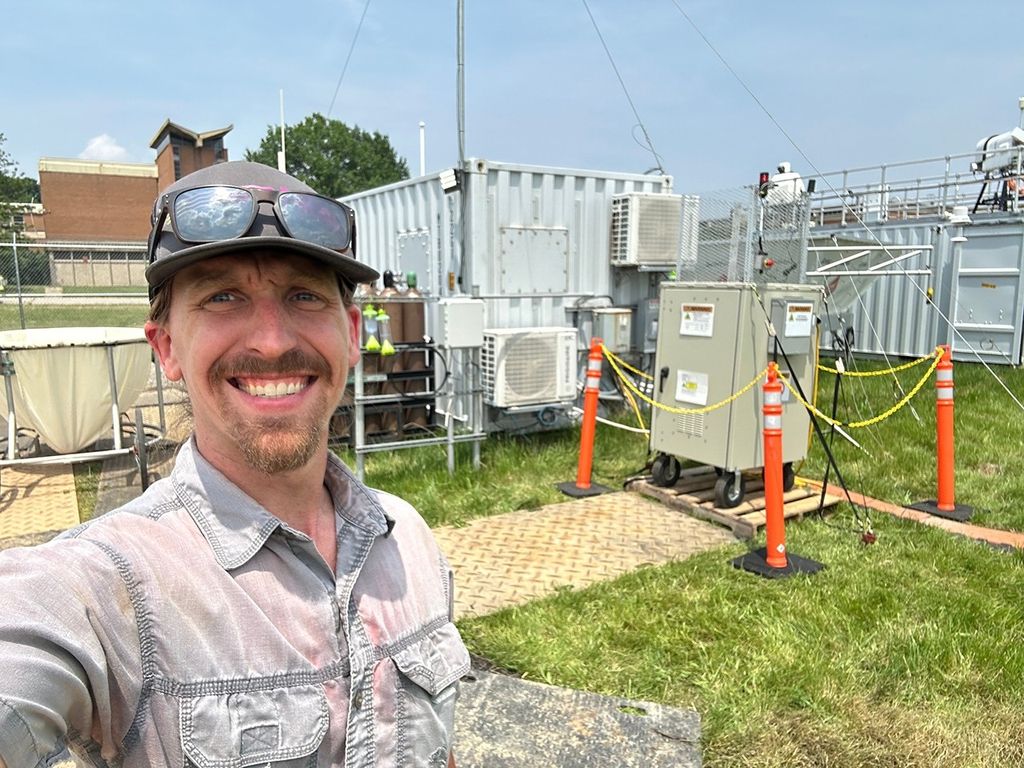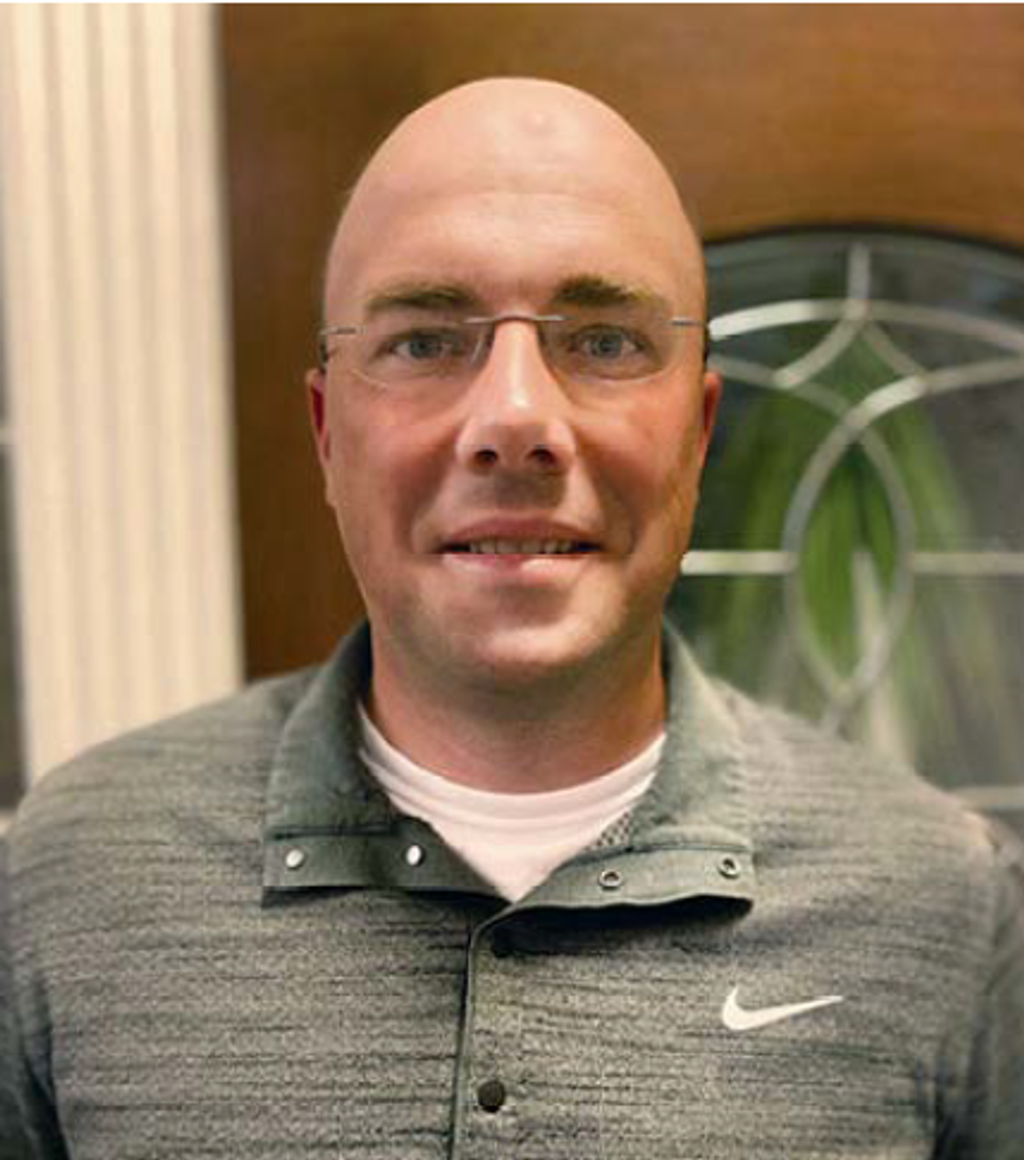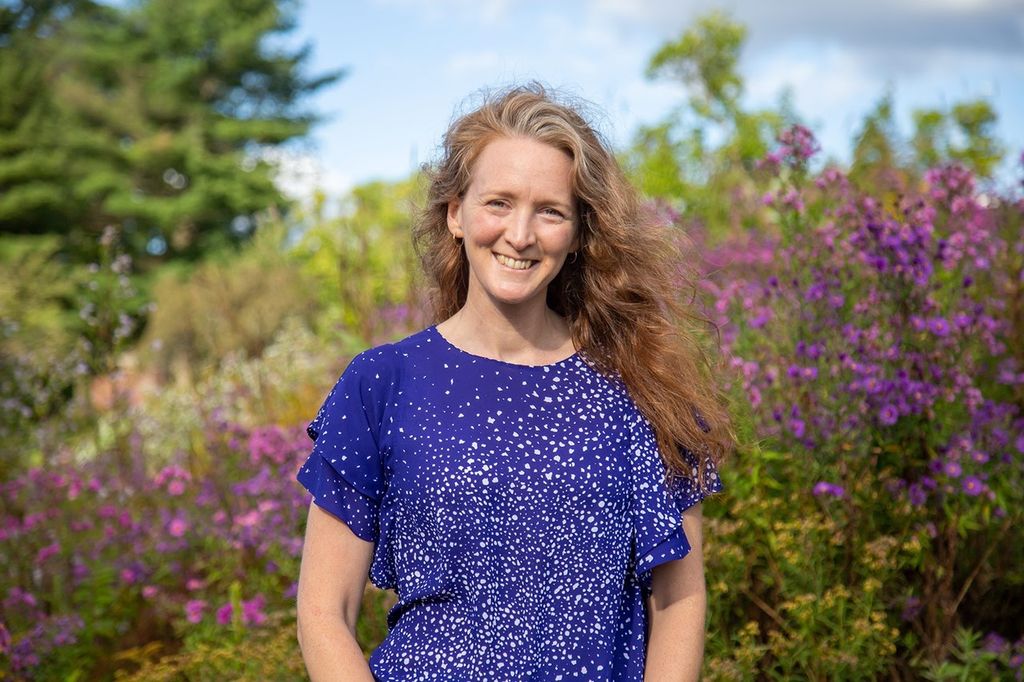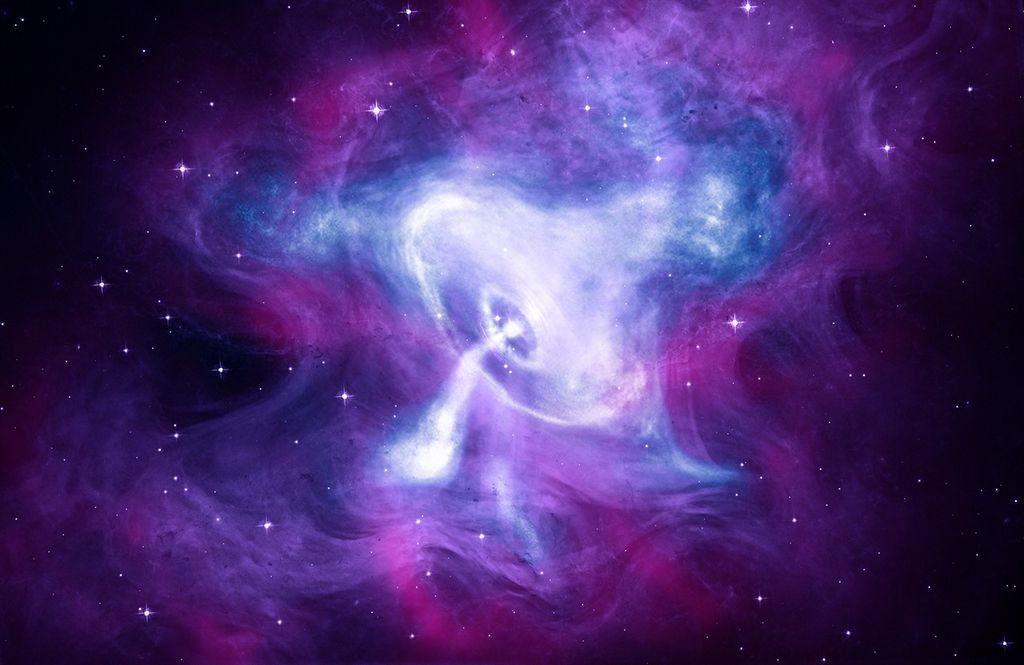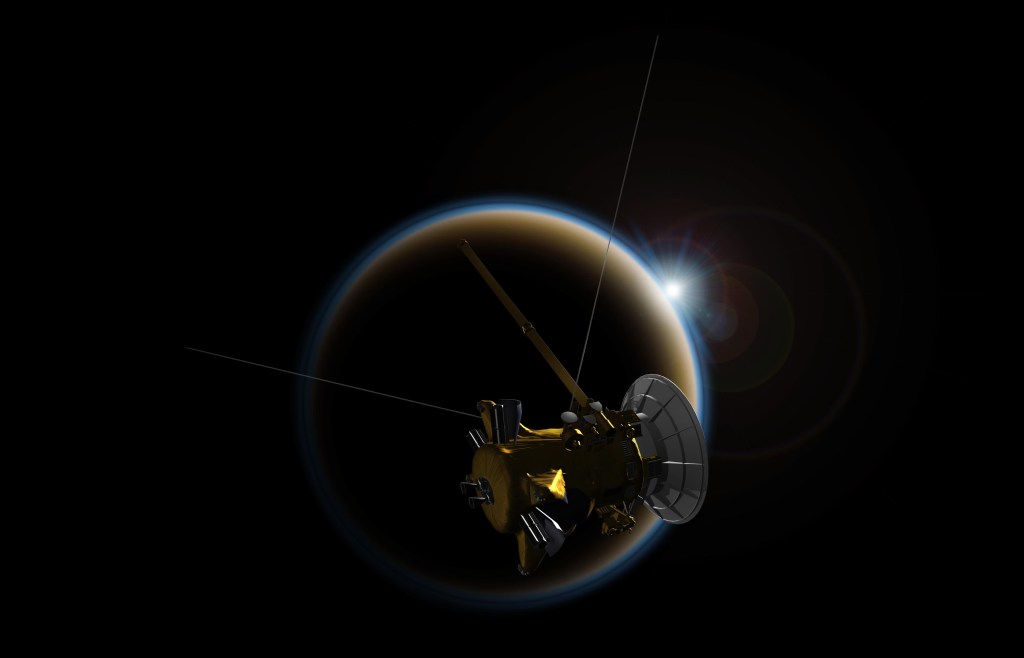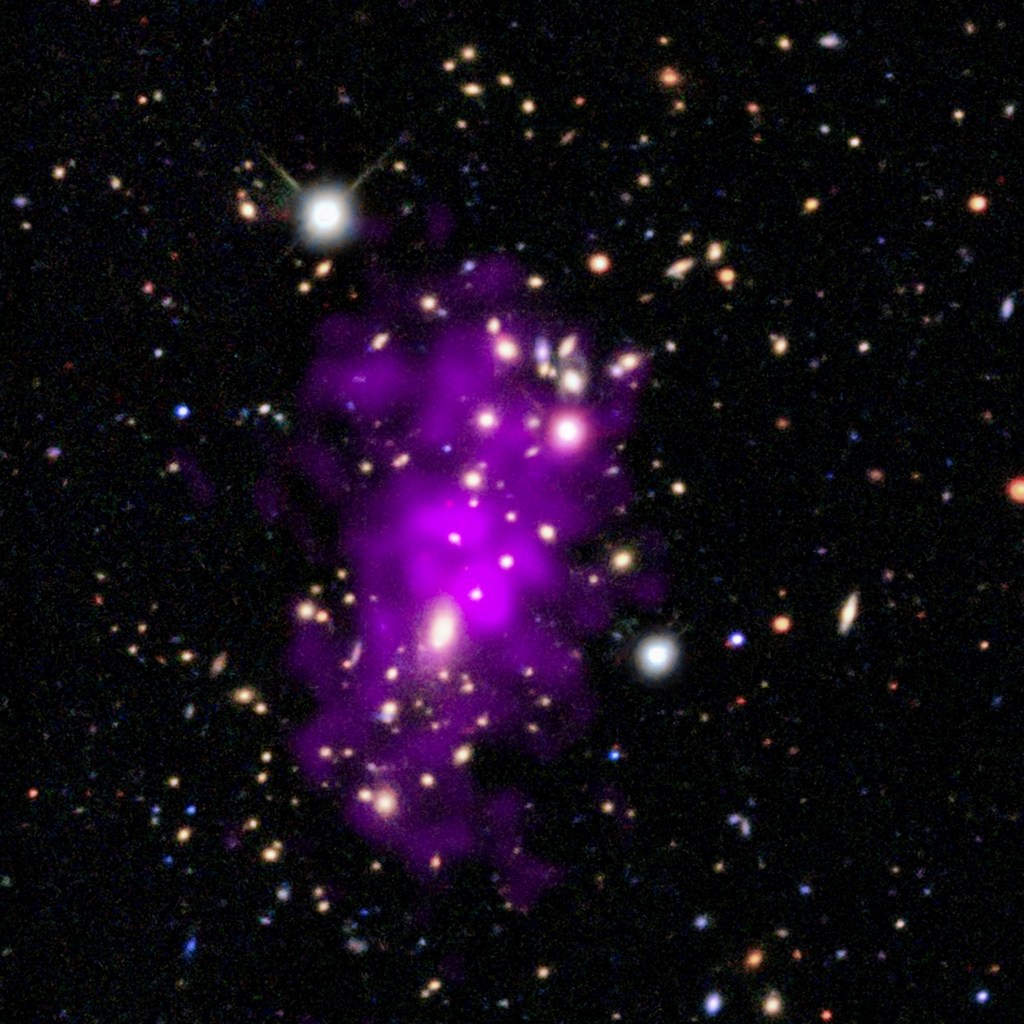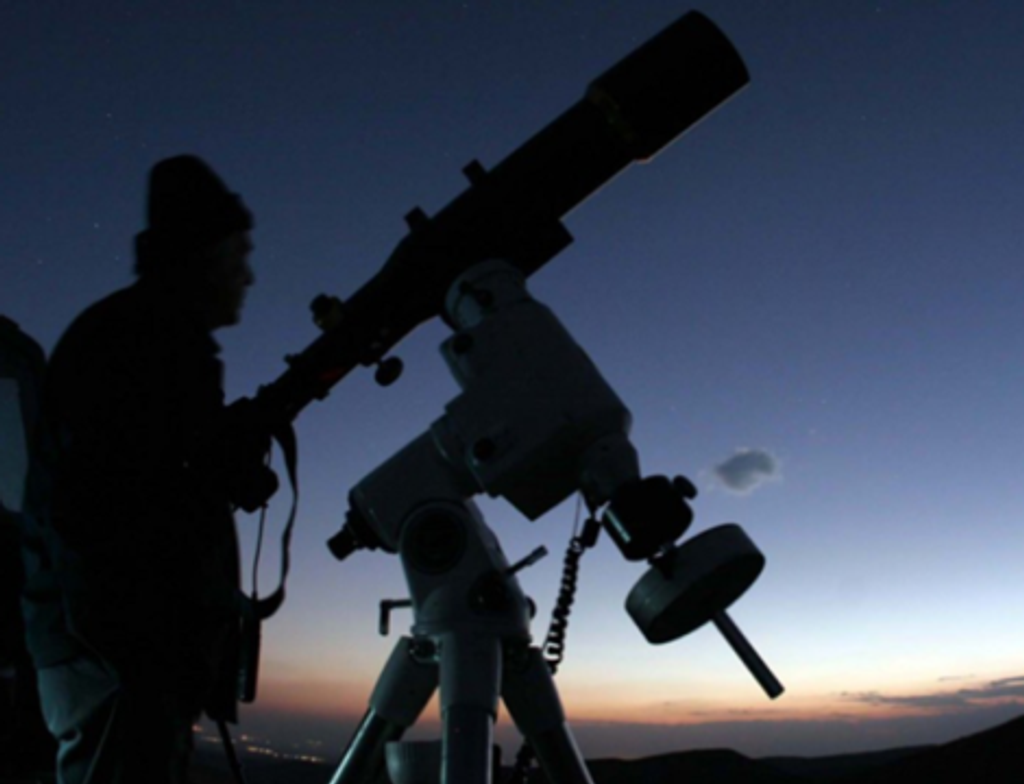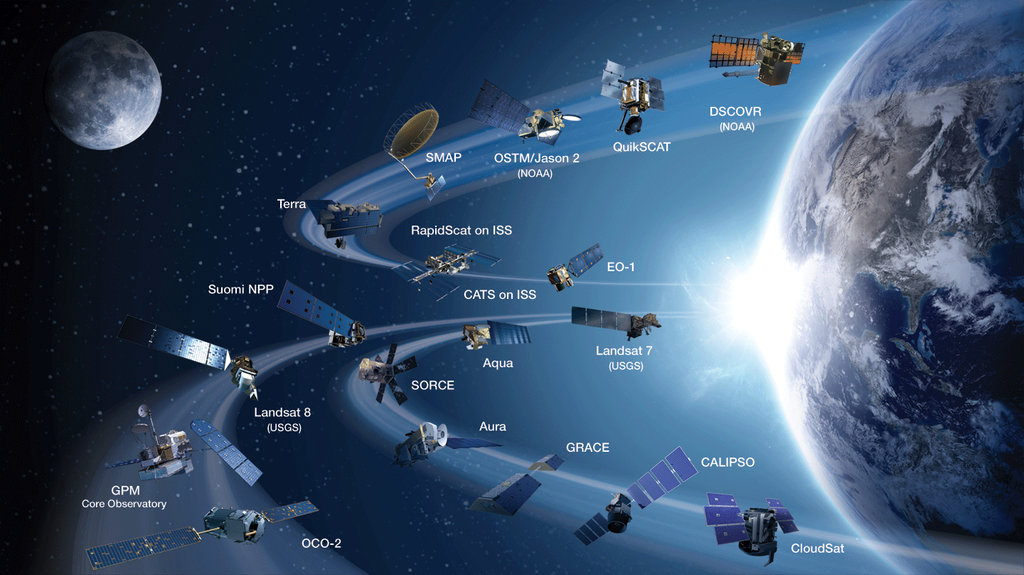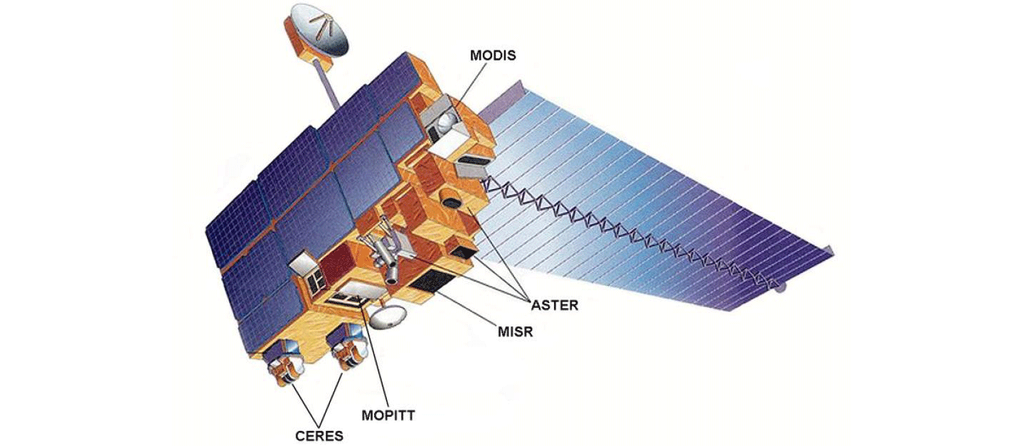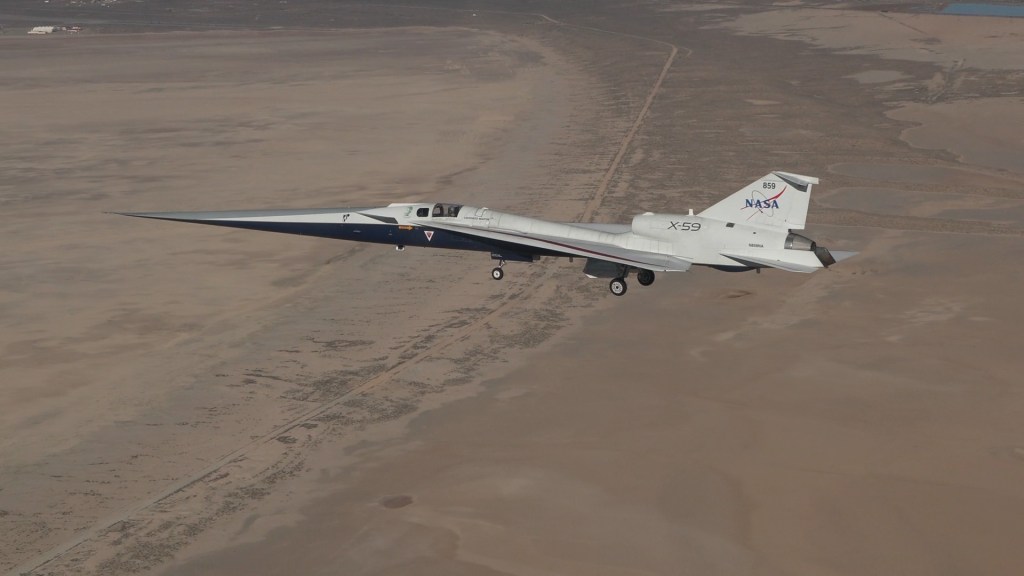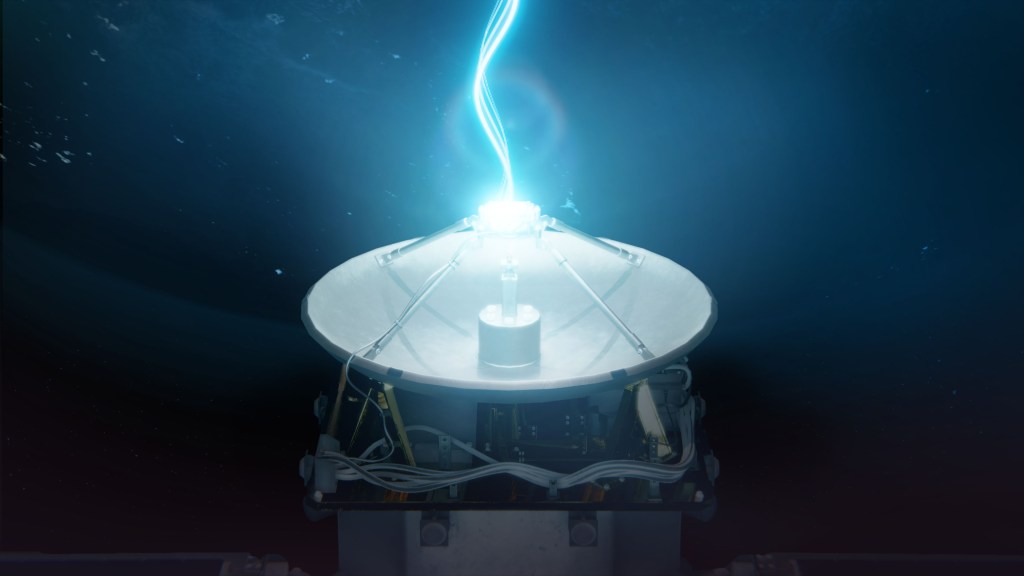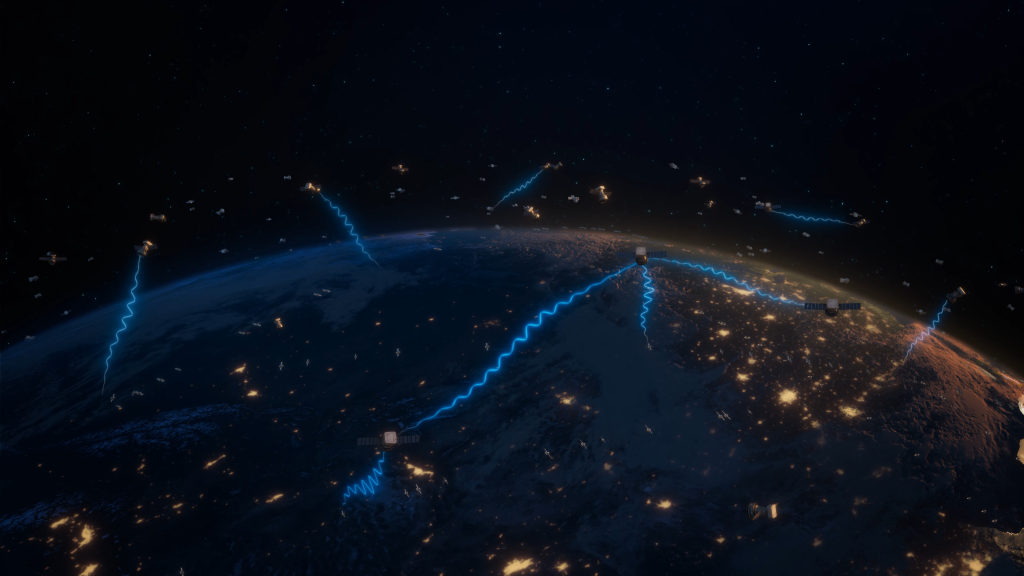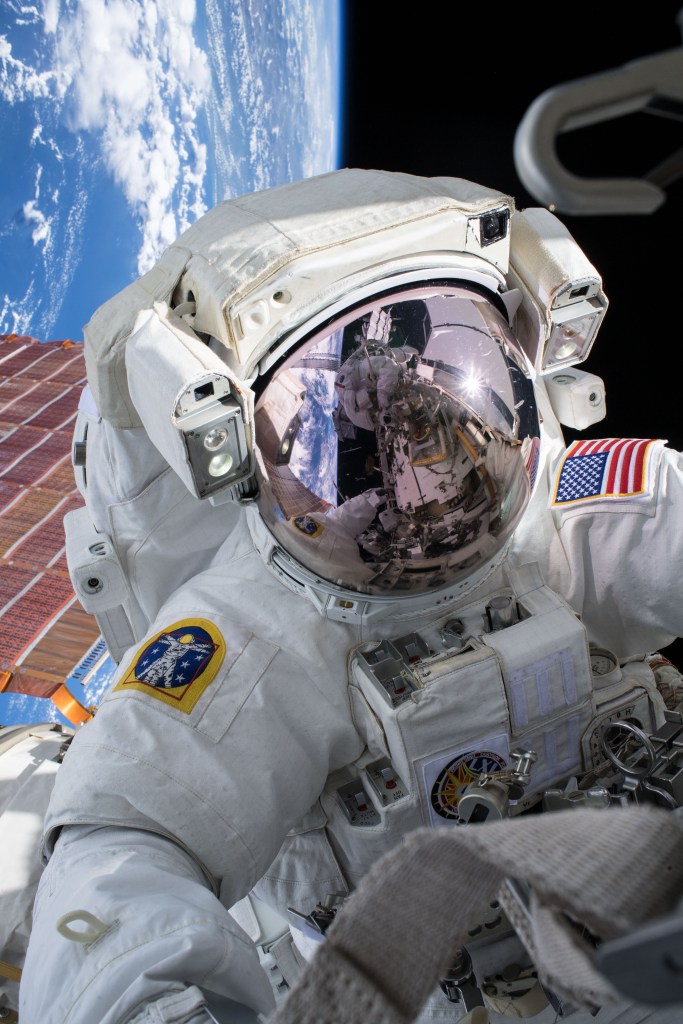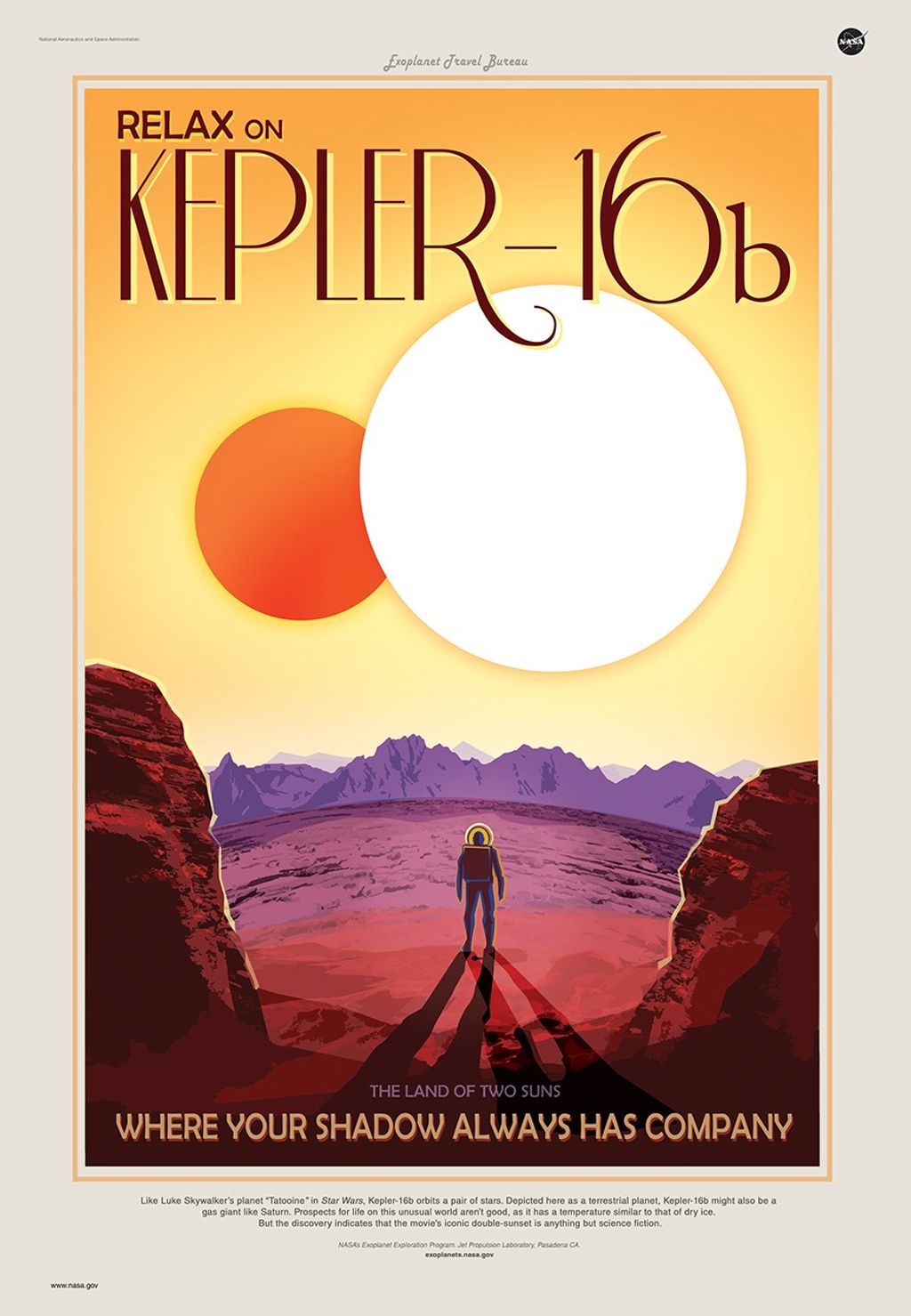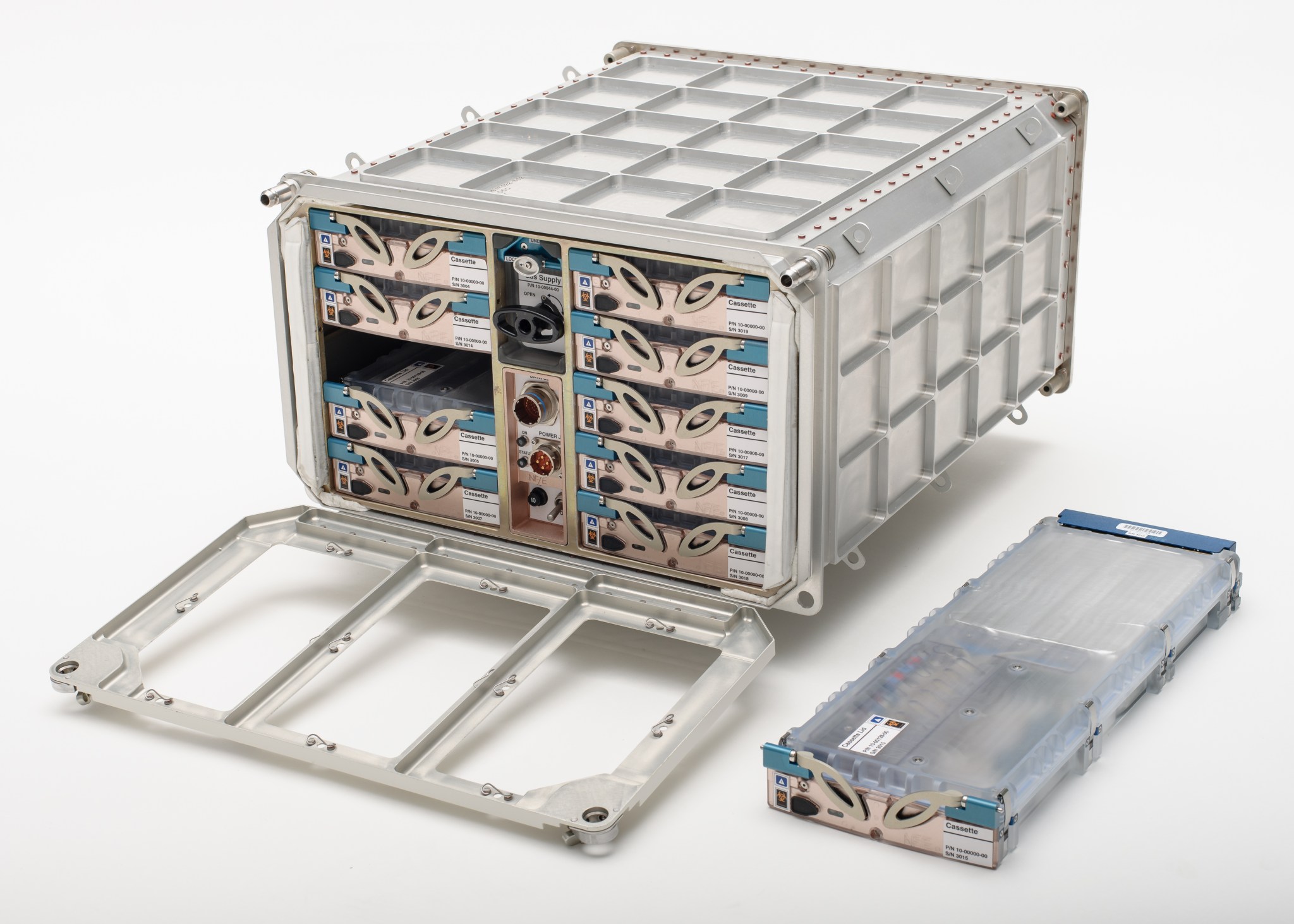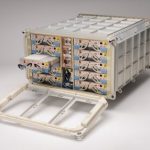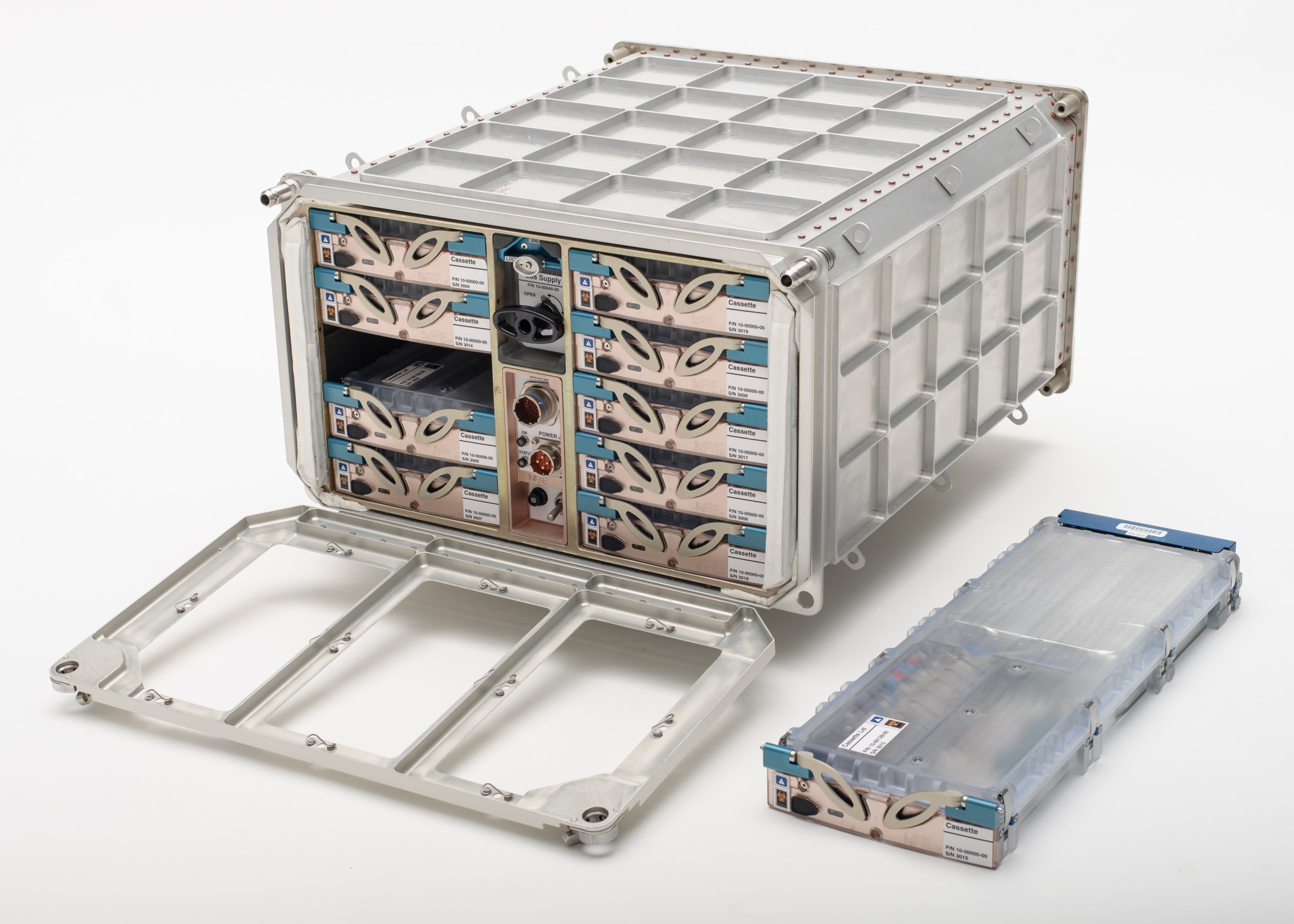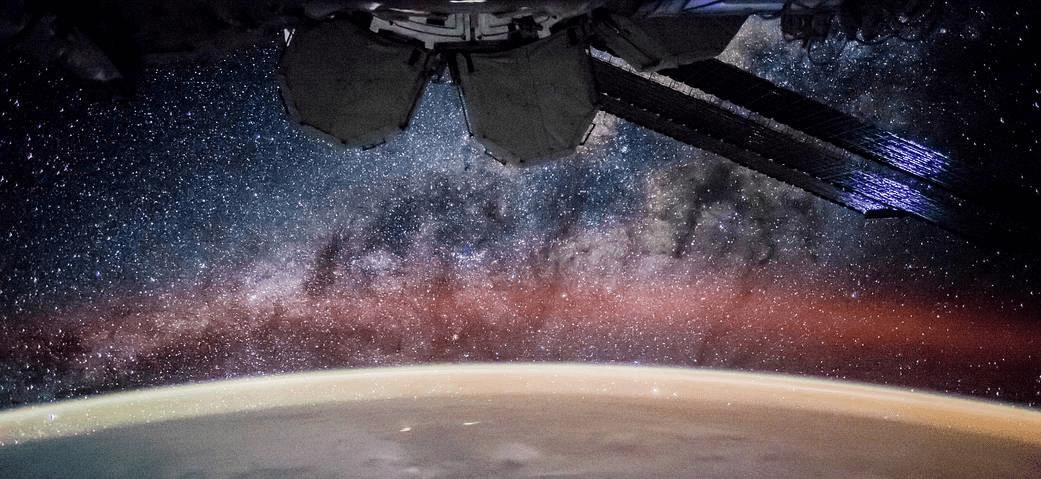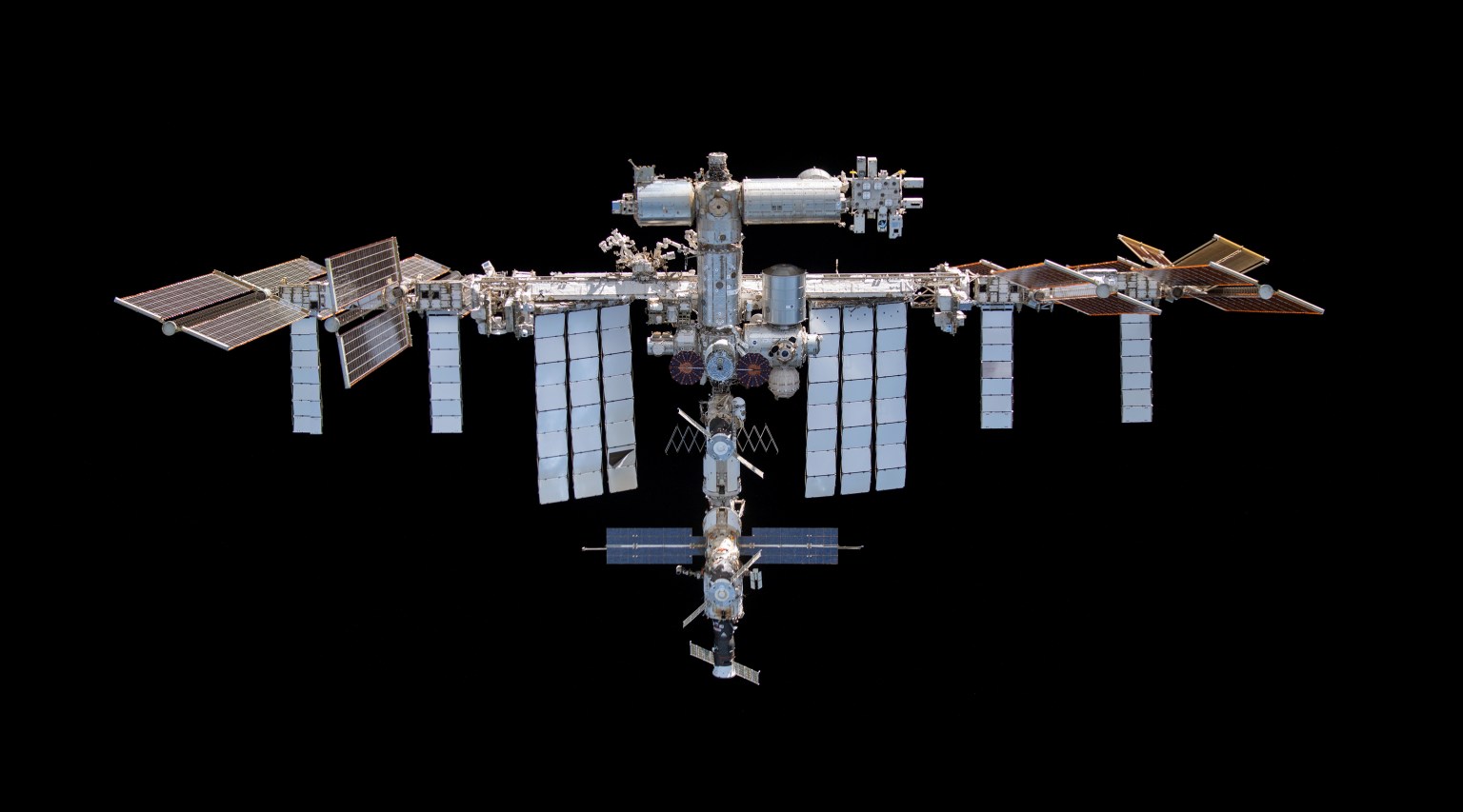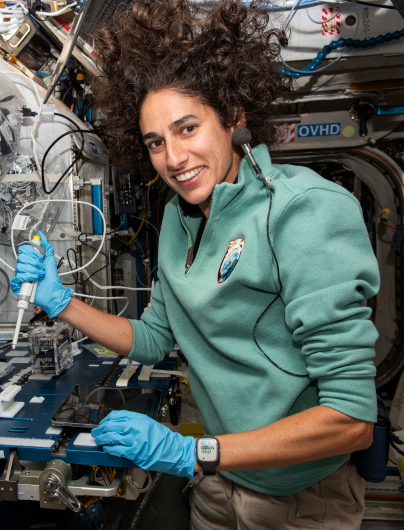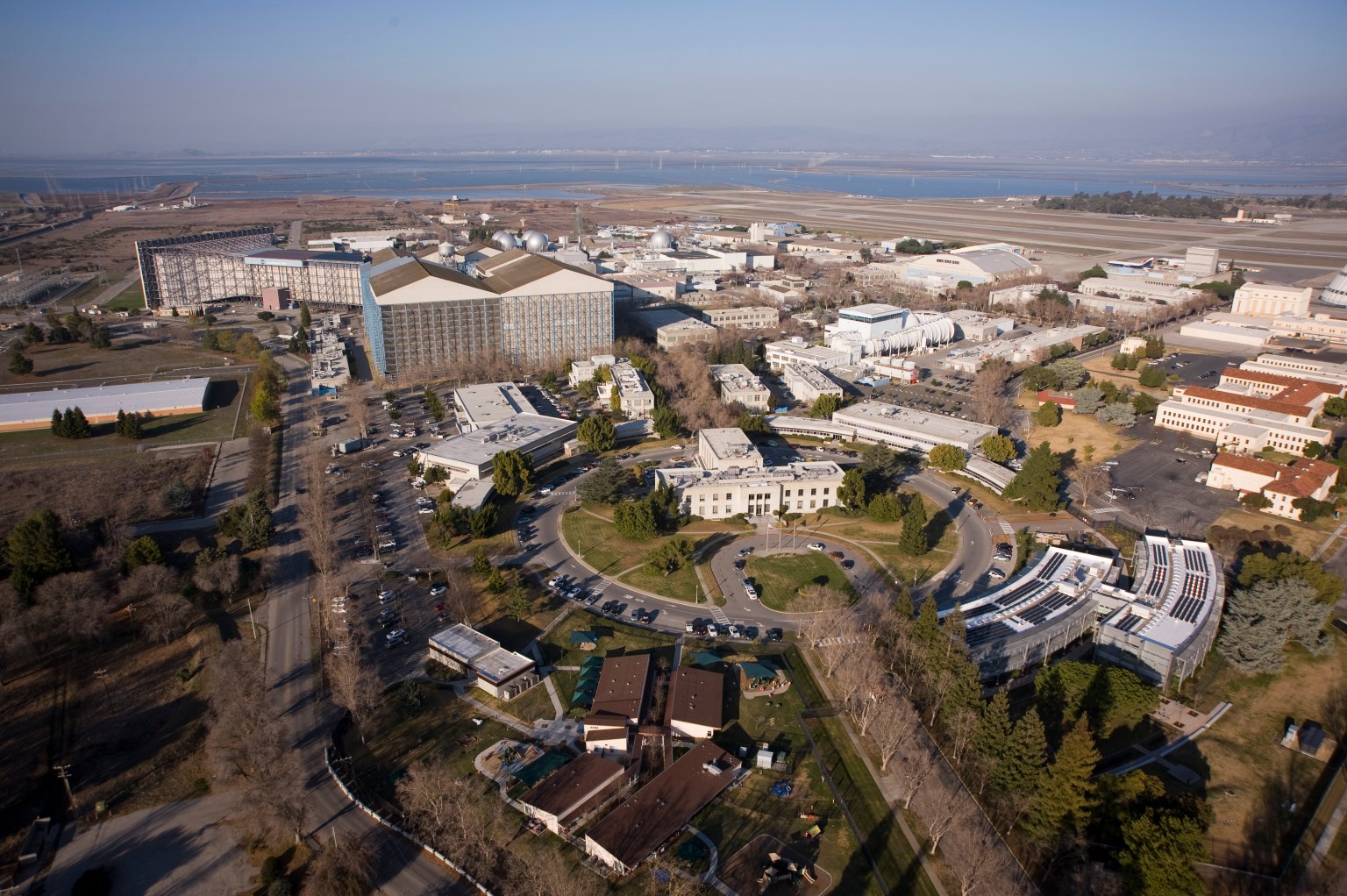Based upon the prior generation Cell Culture Module that flew on 18 space shuttle missions, the Bioculture System was designed for use on the International Space Station (ISS) to support a wide diversity of tissue, cell, and microbiological cultures and experiment methods. The system was successfully validated on the ISS in December 2017 using mouse MLO-Y4 cells and human iPS-derived cardiomyocytes during the SpaceX-13 Cell Science-Validation mission (CS-V). The Bioculture System was next launched on SpaceX-18 (July 2019) supporting the Cell Science-02 (CS-02) experiment, and again on SpaceX-22 (June 2021) supporting the Cell Science-04 (CS-04) experiment.
The Bioculture System consists of a docking station housing the power/command module, gas supply assembly, and ten (10) independently controlled experiment cassettes, each with an independent perfusion-based cell culture bioreactor and computer-controlled fluidics.
Academic and commercial researchers may use the Bioculture System to study a wide range of biological processes in microgravity that are relevant to human health. These experiments can help us understand how gravity affects the physiology, biochemistry, genetics and gene expression of living cells, tissues and microbes. For example, cells and tissues cultured during spaceflight may be characterized using various “omics” techniques, used for drug discovery and countermeasure analyses, or used to study infectious disease processes. Other possible applications, which are not limited to these examples, include spaceflight studies of tissue engineering, regeneration, and wound healing.

